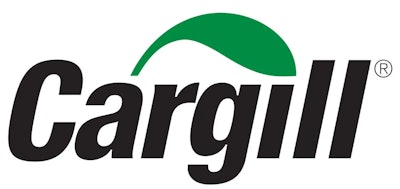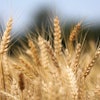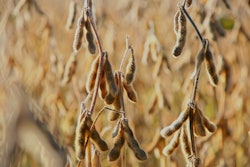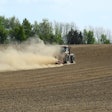
Agriculture's push to become more sustainable has led Cargill to provided support to University of Idaho’s Center for Agriculture, Food and the Environment (CAFE) to fund research into sustainable dairy farming and create the largest research hub in the Pacific Northwest.
CAFE will be the backdrop to short-term and longer-term research projects to benefit dairy farmers in Idaho and beyond. To help support this ambition, Cargill is donating $500,000 to the University of Idaho.
Located in the nation’s third-largest dairy-producing state and home to a thriving agriculture sector, CAFE is designed with the size and scale of a commercial dairy, with additional capabilities to grow and study crops used for animal nutrition. These researchers will examine the sustainability of the dairy farming value chain from feed to milk and beyond to help bring solutions to dairy farmers in the Western region for years to come. In addition, innovators will study additional revenue streams for farmers beyond milk from emerging bio-based products and carbon credit markets.
“Supporting the next generation of agriculture sustainability experts and the dairy farmers who will benefit from their advancements is important to our company,” says Julie Abrahamzon, commercial director for Cargill’s animal nutrition business in North America. “We are making investments in projects like U of Idaho’s CAFÉ because we believe in the future of the dairy industry.”
“Idaho CAFE presents a viable farm-scale solution for conducting the research needed to address the sustainability of the dairy industry nationwide,” said College of Agricultural and Life Sciences Dean Michael P. Parrella. “Cargill’s investment in this effort underscores the critical need for the research-based solutions that will benefit dairy producers for generations to come. We could not do this without their generous support.”
The $22.5 million multiphase project will begin milking its first cows by the end of 2024 and will house 2,000 cows when fully operational.















